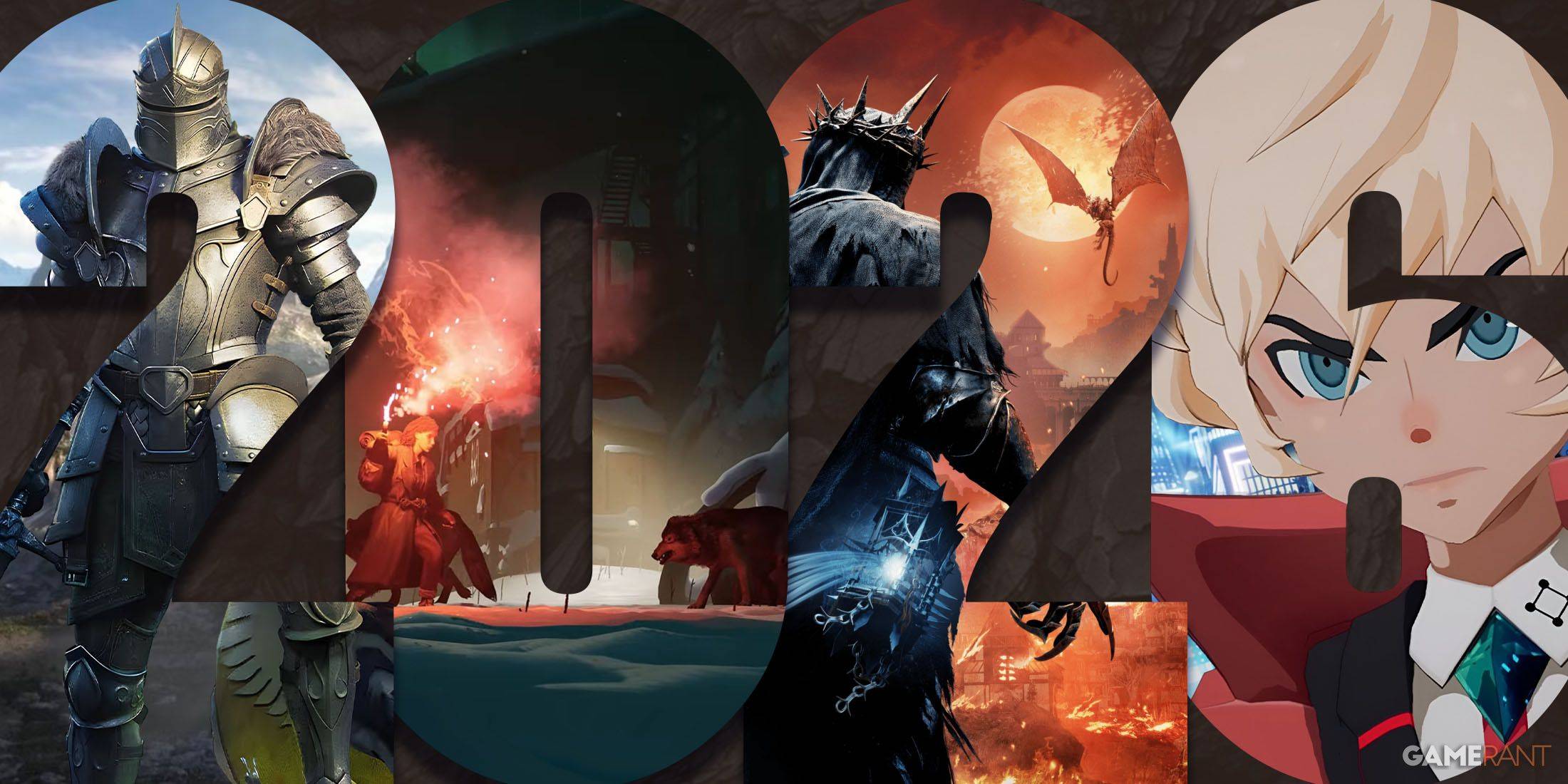Xbox RPGs Unleash Absurd Dream Characters
When BioShock Infinite's protagonist Booker DeWitt arrives in the floating city of Columbia, local authorities scramble to identify the prophesied False Prophet. The catch? Years of xenophobic propaganda have clouded witness accounts with absurd, fear-driven descriptions.
Police broadcasts describe Booker as either a mixed-race dwarf or a four-foot-nine Frenchman missing his left eye. The most comical moment comes when DeWitt overhears a sketch artist's session:
"Taller than that... slimmer. Eyes further apart. Bigger. Squinty. Red, curly hair - looked Irish. Definitely an anarchist. You can always spot them."
This brilliant detail showcases BioShock Infinite's thematic depth - how prejudice warps perception. This memory resurfaced during Xbox's recent showcase with Clockwork Revolution's gameplay reveal.
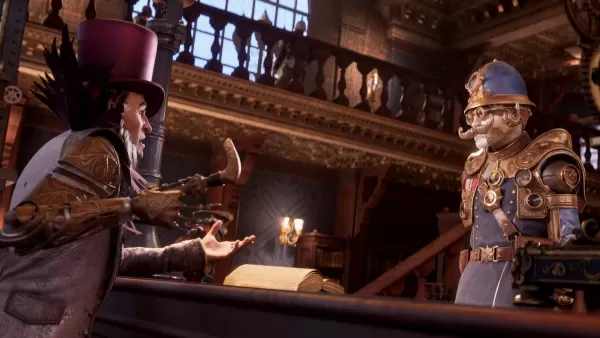
Though initially reminiscent of BioShock Infinite's turn-of-the-century setting and time manipulation, InXile's RPG reveals deeper differences. One early scene features an aristocrat giving contradictory suspect descriptions to a robotic officer - not to highlight bigotry, but to showcase flexible character creation.
Clockwork Revolution operates as a proper CRPG, letting players craft unique backgrounds like Gearsmith scavengers or Bookwarden orphans. Your time-altering choices reshape the city, offering the reactivity RPG fans crave.
The game shares more DNA with The Outer Worlds 2 than BioShock. Both feature vibrant, exaggerated worlds that empower unconventional character builds. Where Obsidian's sequel lets you play as a fraud or accidental killer, InXile's title encourages equally bizarre roleplaying opportunities.
Their shared aesthetic - garish palettes and ornate designs - creates space for gameplay freedom. As Clockwork Revolution demonstrates when a player repeatedly provokes shopkeeper Uncle Alfie until he murders his own assistant: "Brains. If I hadn't seen it myself..."
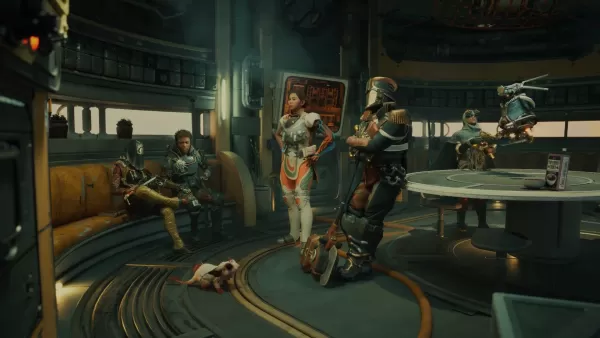
Such moments showcase how absurd settings enable fresh RPG experiences. The Outer Worlds 2's "Dumb" trait lets you fix computers with hot dogs, while its Flaws system - like knee joints alerting enemies - creates meaningful tradeoffs.
This design philosophy excites me most about Clockwork Revolution. Watching that robotic constable grow suspicious as I max Charisma - "Why so charming? Jilted lover?" - promises the emergent storytelling that makes RPGs magical.
While zany aesthetics risk overindulgence, choice-driven RPGs naturally accommodate different tastes. Nobody forces you to wield The Outer Worlds 2's rhythm-based musical sword - the beauty lies in having the option.








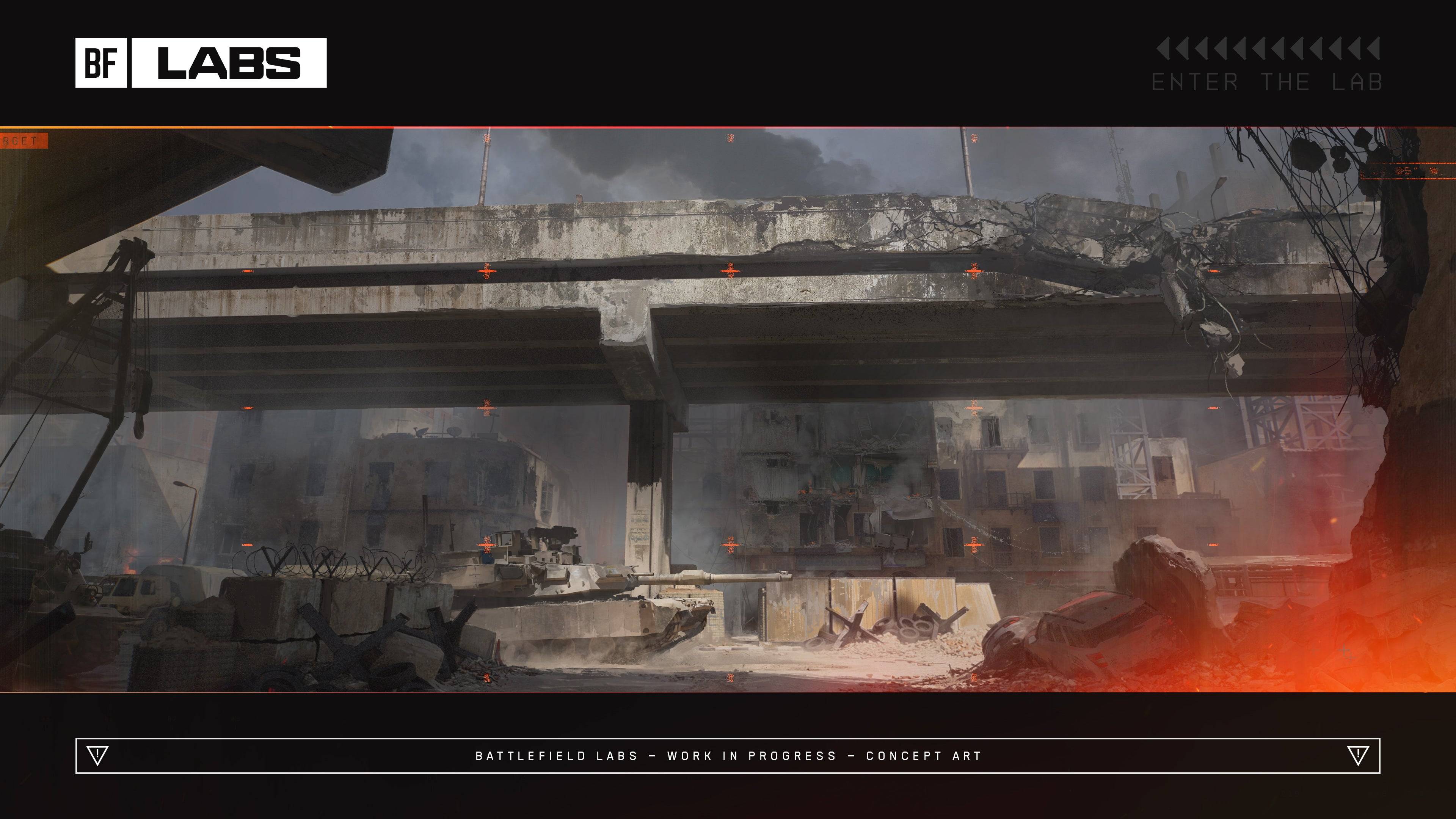
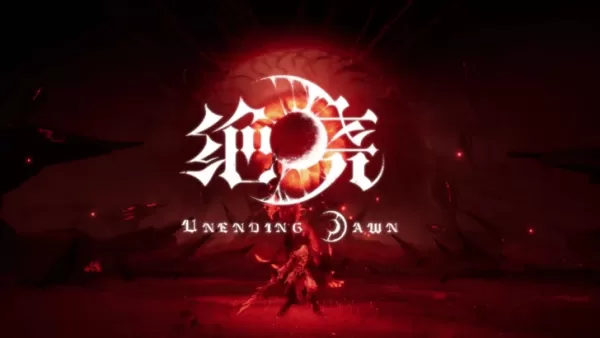
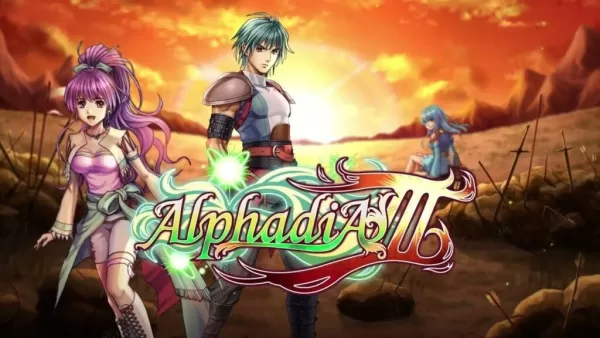







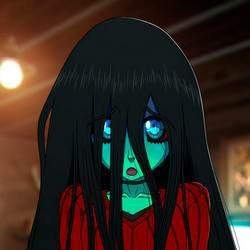


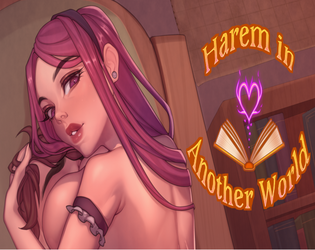
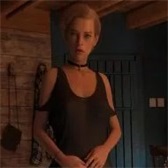
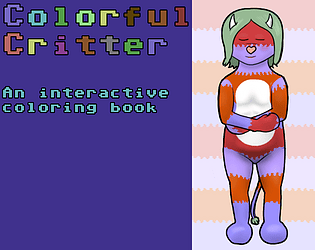
![Salvation in Nightmare [v0.4.4]](https://imgs.21qcq.com/uploads/36/1719555347667e551321c26.jpg)
